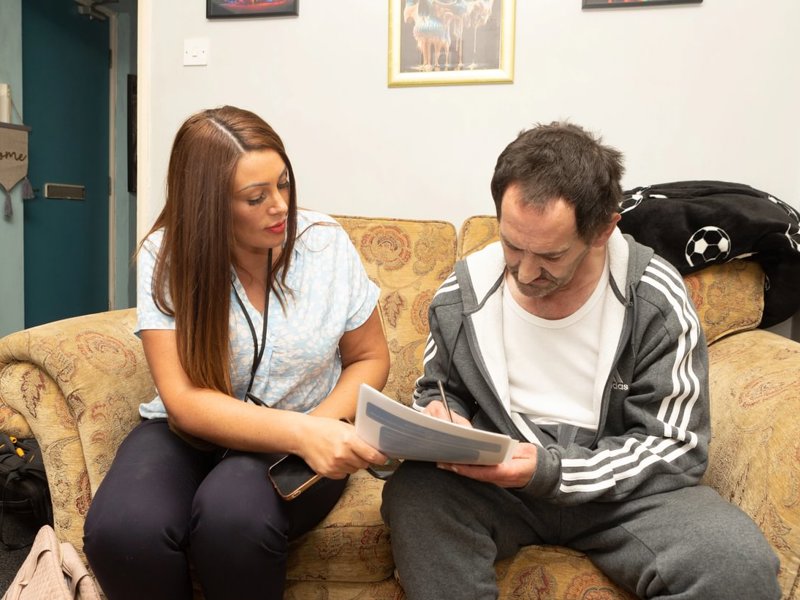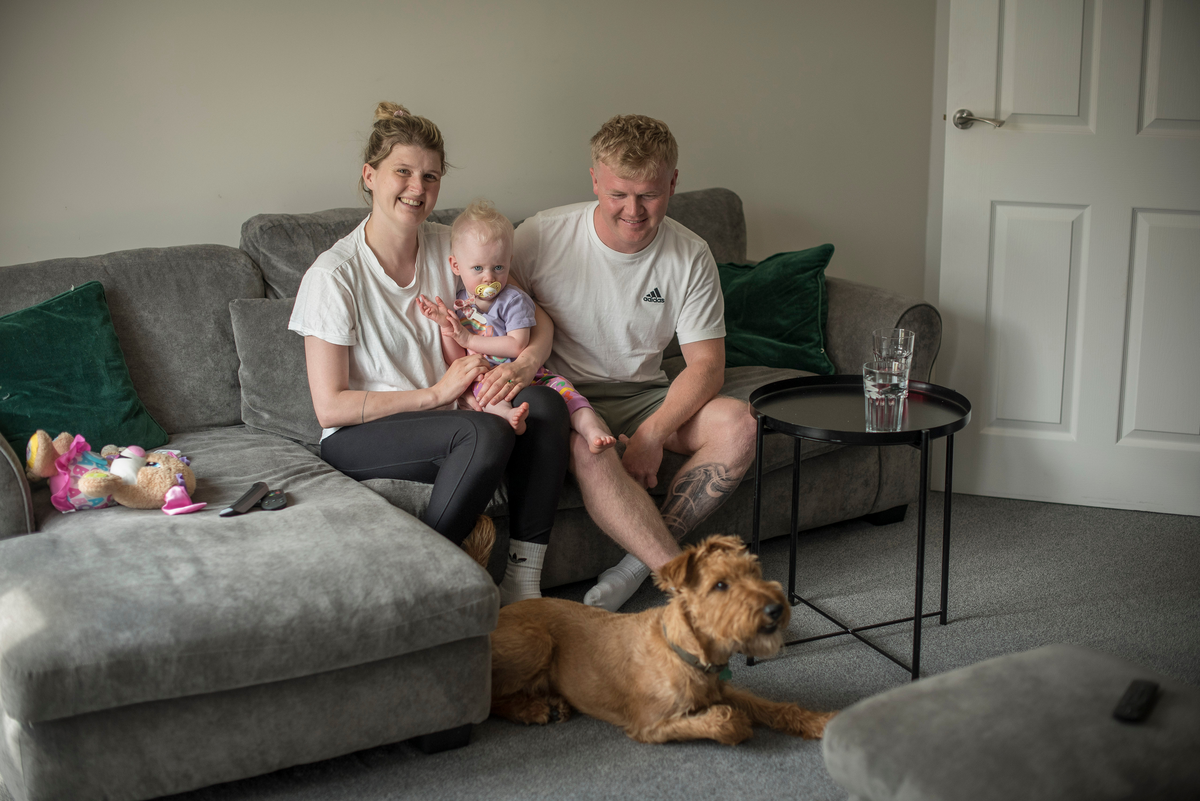If you’re an Accent tenant who rents from us, your contract with us is called a tenancy agreement.
If you’re a homeowner with Accent, your contract with us is called either a lease or freehold agreement.
You can check your agreement information at any time in your MyAccount.
Information for tenants
If you rent your home, you’ll hold a tenancy agreement with us. This is a legal contract between you and Accent, which outlines your rights and responsibilities as a tenant, and our responsibilities as your landlord.
The specifics of your tenancy agreement will be based on:
-
what type of tenancy you hold
-
when you started renting from Accent
-
what kind of home you live in
There are many different types of tenancy agreements, but the most common are starter tenancies and assured tenancies.
If you are not sure what kind of tenancy you have, you can usually find your tenancy agreement in your MyAccount, but if you’re having any trouble, please get in touch using the form on our contact us page.
Find out everything you need to know about the rights and responsibilities of your tenancy in our Tenancy Policy PDF.
This is the main type of tenancy we issue for new tenants.
This tenancy is initially for 12 months. As long as there aren’t any issues or serious breaches of your tenancy agreement, it automatically changes to an assured tenancy after a year. A full assured tenancy is lifelong and only ends if you choose to leave, or if we take legal action to end your tenancy because you’ve breached your agreement.
The amount of rent you pay is set at the start of your tenancy, then reviewed every April.
This is our most common tenancy. The amount of rent you pay is set at the start of your tenancy and is usually reviewed once a year.
We have to use a formula set by the government to work out how much your rent goes up. This is based on the consumer price index (CPI). The CPI is worked out by the government according to the average price of basic goods and services like food and transport.
Find out when your rent is reviewed and how much it will go up in your tenancy agreement, which you can usually find in MyAccount. If you're having trouble finding your agreement, get in touch.
Information for homeowners
If you’re a homeowner, your freehold agreement or lease is a legal contract between you and Accent.
If you’re a freeholder, you own your property and the land it’s built on. You’ll also have a freehold agreement with Accent.
Your property title will contain more information about your agreement with Accent, for instance, if your freehold includes maintenance and repair of communal areas.
You can find your freehold agreement in MyAccount.
As a leaseholder, you’ve purchased the right to occupy your home for a set number of years which will be specified in your lease – usually 99, 125 or 999 years.
Unless the lease term is extended, the property will pass back to the freeholder when the lease is up.
Inside your lease, you’ll find more information about your home, and a plan showing the building and boundaries. It will also explain what the leaseholder is responsible for looking after, and what Accent is responsible for.
Below are some examples of typical leaseholder and landlord responsibilities, but bear in mind these aren’t definitive lists and you should check your agreement. If you need a copy of this, let our leaseholder and homeownership team know via the form on this page, and they’ll organise to have one sent to you.
Alternatively, you can get in touch with the land registry.
Some of the responsibilities we may expect you to uphold as a leaseholder include:
-
looking after the inside of your home
-
paying your ground rent and service charge
-
only using your home as a private dwelling
-
getting permission before making any structural alterations or adding extensions
-
not selling or subletting (if applicable) your home without our permission
-
giving our team access for any inspections or repairs (including emergency access)
Some of the responsibilities we hold towards you will include:
-
insuring your building (though this does not cover the things you own inside your home)
-
keeping the structure and exterior of the buildings in good repair
-
maintaining any internal or external communal services
-
maintaining and repairing the communal parts of the building or scheme





